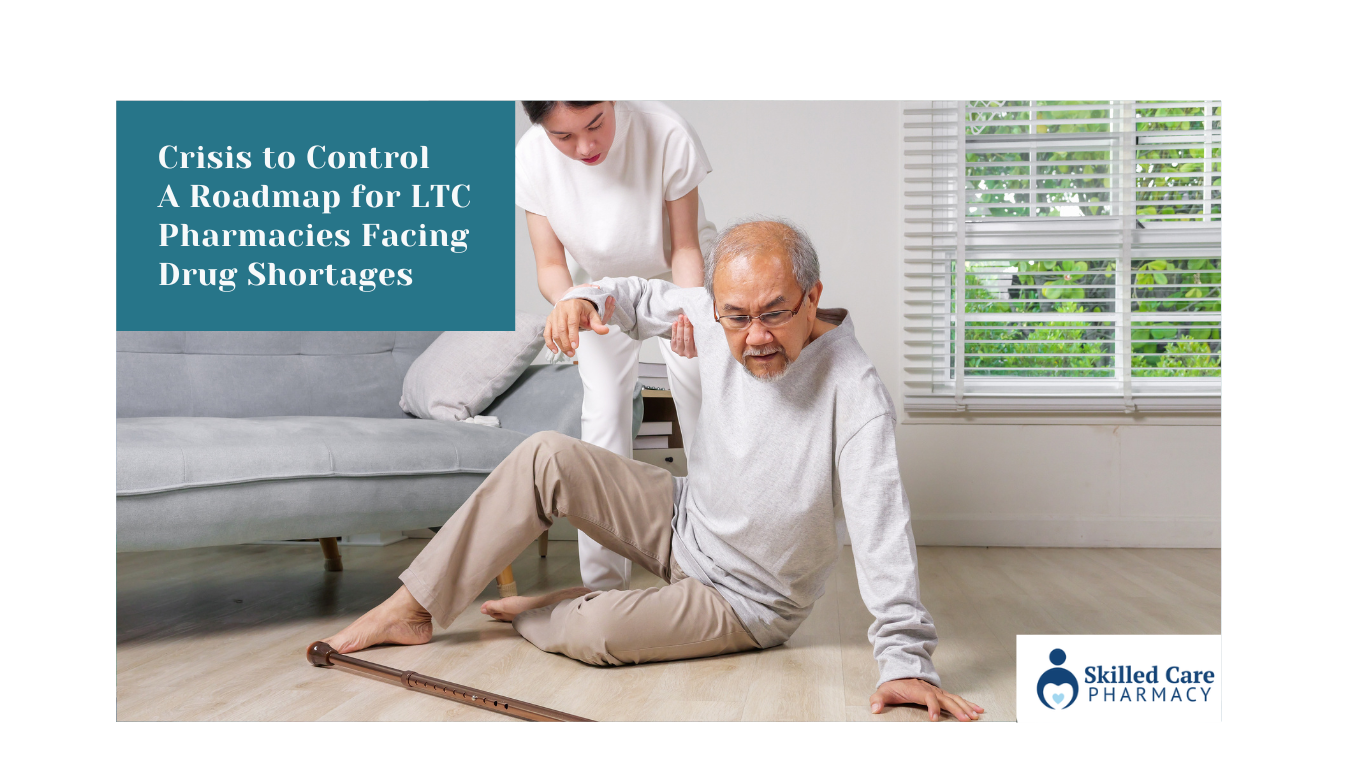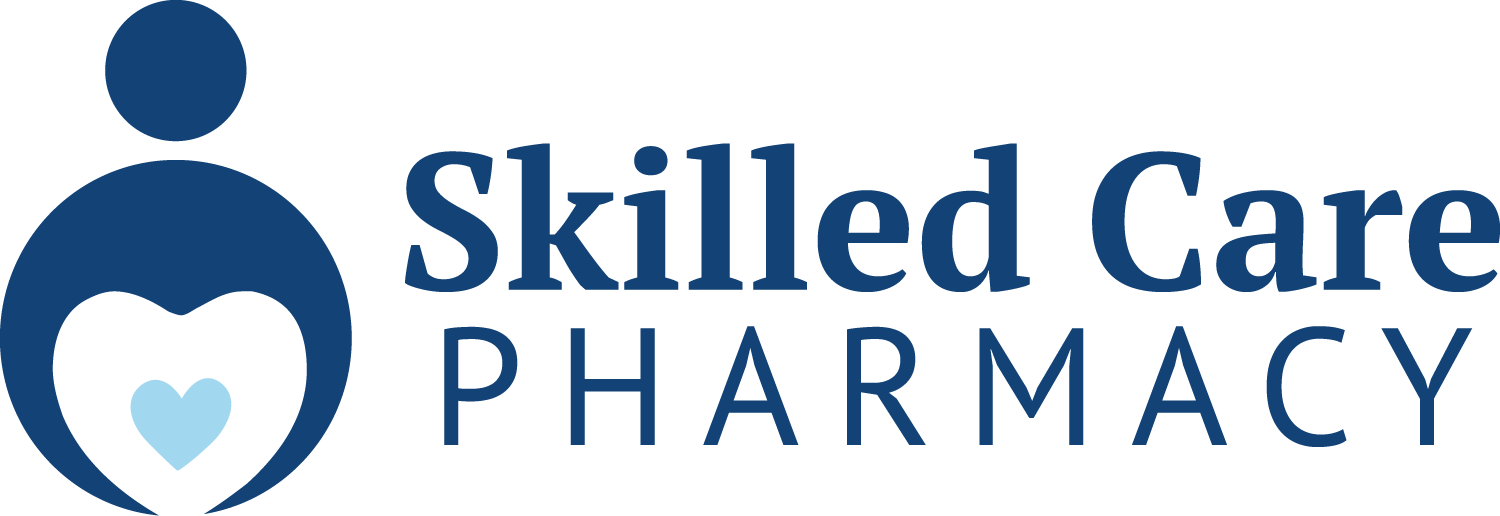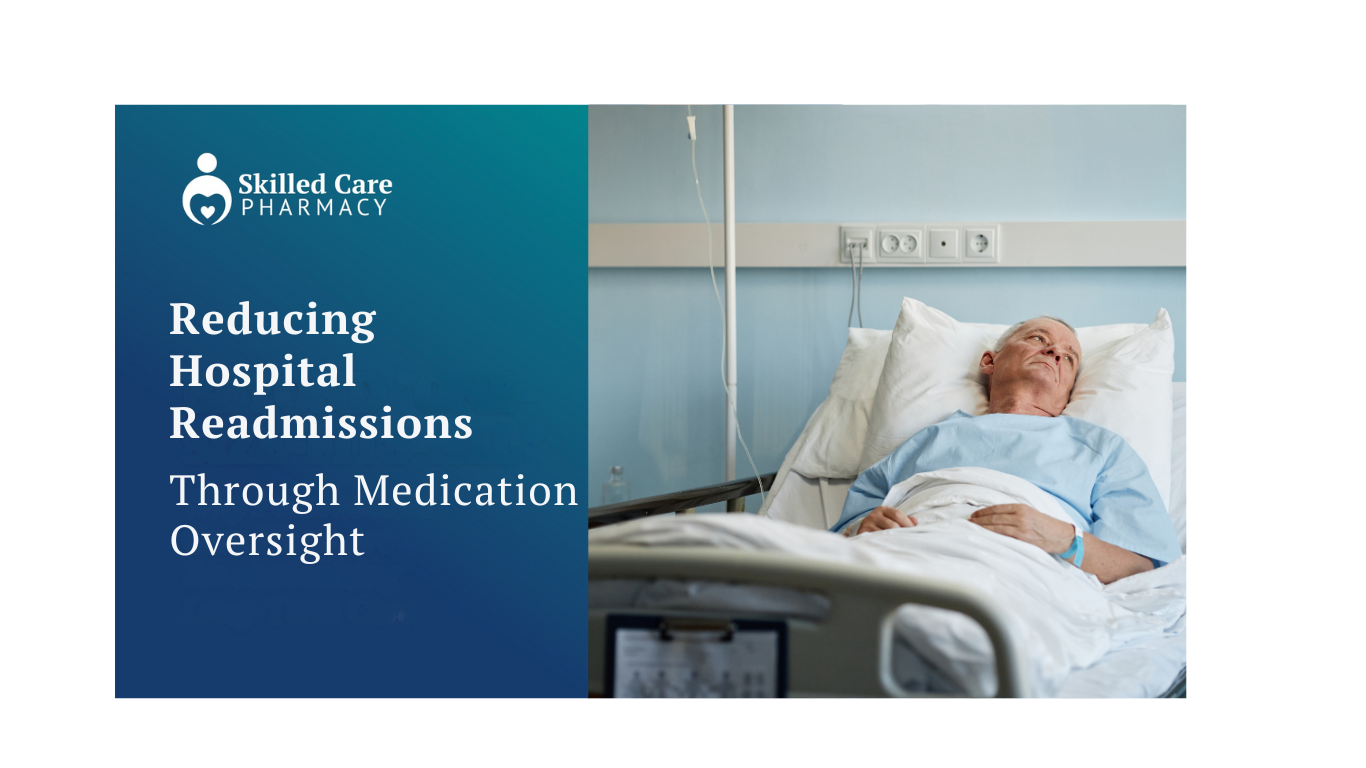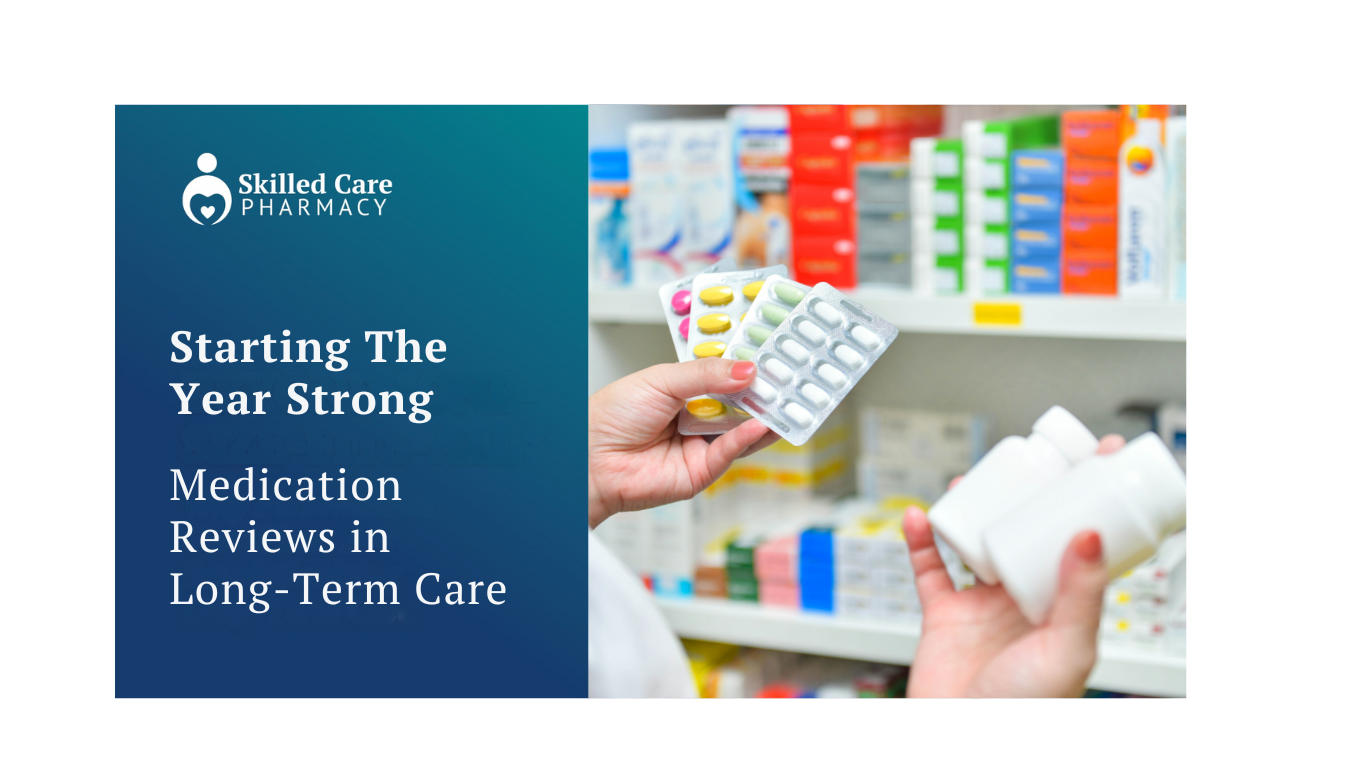Explore strategies for building a fall-prevention culture in long-term care and how Skilled Care Pharmacy contributes to resident safety.

In long-term care (LTC) settings, fall prevention must be more than a safety protocol—it should be part of your facility’s DNA. Falls are one of the most common and costly health events for older adults, often resulting in injuries, hospitalizations, and long-term complications. But they’re also largely preventable when your team embraces a culture of safety.
A fall-prevention culture involves proactive planning, ongoing staff education, strong interdisciplinary partnerships, and empowering both caregivers and residents. Here’s how to begin cultivating that culture in your LTC facility:
1. Prioritize Staff Training Across All Levels
Every team member plays a role in fall prevention. From CNAs observing resident behavior changes to housekeeping identifying floor hazards, each staff member should understand fall risks and be empowered to report concerns. Regular in-service training should cover:
- Risk factors (e.g., medications, chronic illness, mobility limitations)
- Incident response and reporting
- How to safely assist residents with transfers and mobility
Cross-training departments helps ensure that prevention isn’t siloed, it becomes everyone’s responsibility.
2. Conduct Regular Environmental Audits
Trip hazards are often overlooked until an incident occurs. Performing monthly audits of high-traffic areas can prevent accidents before they happen. Evaluate:
- Flooring (loose rugs, slick surfaces, transitions between floor types)
- Lighting in hallways and bathrooms
- Bed height, chair stability, and grab bar availability
- Cluttered walkways or poor storage
Staff should have an easy way to report and respond to these risks.
3. Collaborate with Your Pharmacy Partner
Medication-related falls are a major concern in LTC. Drugs that cause dizziness, confusion, or drowsiness can increase a resident’s risk. Partnering with a pharmacy like Skilled Care Pharmacy allows your clinical team to:
- Review high-risk medications
- Adjust timing or dosing regimens
- Implement gradual dose reduction protocols when appropriate
This collaboration strengthens safety by minimizing avoidable medication side effects.
4. Include Residents in Their Care Plans
Fall prevention isn’t just clinical, it’s personal. Educate residents about:
- The purpose of their medications and potential side effects
- How to properly use mobility aids
- When to ask for assistance
- Safe footwear and room organization
Residents who are aware and involved are more likely to participate in prevention efforts.
5. Use Incident Data to Drive Improvement
Don’t just document falls, analyze them. Look for patterns in location, time of day, staff on duty, or specific residents. Use this data to revise care plans and inform team meetings or safety huddles.
Conclusion:
Building a fall-prevention culture takes time, leadership, and consistency, but the results are worth it. At Skilled Care Pharmacy, we support your safety efforts through medication reviews, staff education, and seamless communication. Together, we can help keep residents safe, mobile, and thriving.




